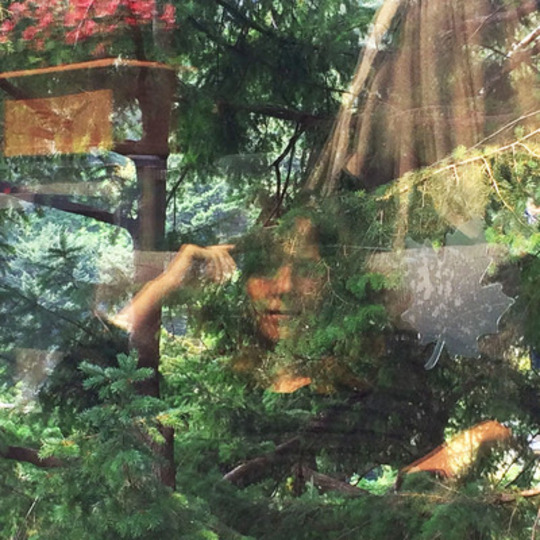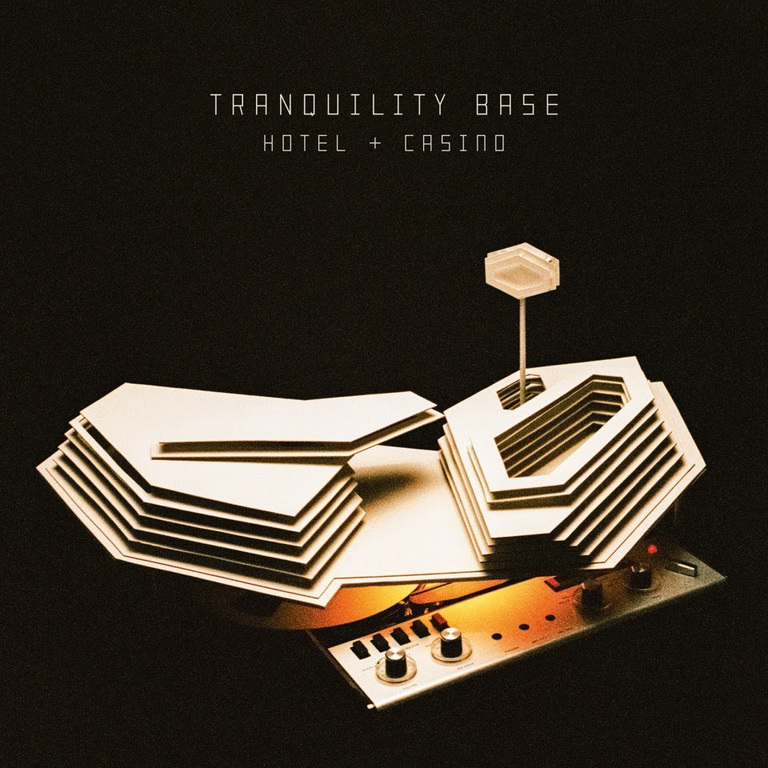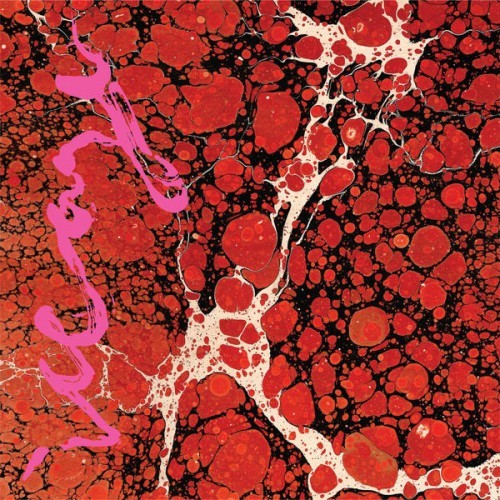In life, the fire of memento mori fuels us all on some level. The knowledge that’s innate, even if not in our consciousness – one day we’re going to die. Most of us deal with this in a number of different ways. We find the loves of our lives. We work hard, save up our money, acknowledge our wanderlust and fly off to foreign climates to walk with unknown cultures and cuisines. Some of us build a family. Some of us build a career. Some of us do all this, whilst we also assemble a large body of artistic work that might live on after we’ve died. Work which breathes on its own and sews us into the pathway that leads to the eternal void.
This then, is Jennifer Castle’s Angels of Death. The third release under her given name (her previous releases were credited to Castlemusic); the Canadian singer-songwriter found solitude and loneliness was key to performing her gentle ritual to summon her latest muses. As she holed herself up in her family’s old home, a nineteenth century church near the shores of Lake Erie, she wrote and recorded her new release all alone. But not, one might argue, lonely. For the poltergeists of bruised family-memories were there to keep her company, along with the silver hum and bite of pure, isolated solitude; and it is these ghosts, memories – and loneliness we find at the heart of her new record.
Because of this, Angels of Death is a little bit of all of those methods of immortality above. Castle summons her own 2018-version of Sappho’s muses, and intimately opens up her own isolated, musical conversations with them. These conversations drive the heartburn ache of the record forward with a B-Movie body count and little regard for the blood loss; and cast a spell worthy of a Greek tragedy on the listener.
In the opening track, ‘Tommorrow’s Mourning’, we’re tempted away from the hustle and bustle of city-life, into the paddle boat of Charon who’ll pull us across the river Styx to Castle’s lonely island via a Tori Amos style piano-ballad not out of place over the end titles of any indie-movie. The next two tracks, ‘Crying Shame’ and ‘Texas’ lilt, with the straight-down-the-line country of her previous releases. Although these are littered with country music familiarities, they still allow you to find that guitar you packed on the riverboat; and hitchhike out of hell with the change left in your pocket and the hot sun on your face. Essentially, they are the songs of road-trip solitude, music for ramblin’ cowboys who’ve had to leave town for doing wrong…and you’d almost be forgiven at this point if you filed this release under 'country'.
But something interesting happens around track four.
The record shifts, shape changes, and morphs into a flower of all genres, roots suddenly expand out from her country box and out into new, alt-genres. We’re suddenly slapped with a sonic vacant-pop vibe aka Best Coast; and it makes you wonder if Castle had two or three songs going into her seclusion, so different is the pace of the rest of the album. It’s space-country, full of synth and plucked guitar. It’s Jeff Buckley style stripped down, honesty so raw your skin tingles. Castle uses her unique perfectly-imperfect voice and vocal fries, paired with poetic lyrics such as “It’s not that I’m afraid at night to meet the one who holds the scythe” and “when the angels of death are hanging in my room, they’re my only friends” to bare her raw flesh. Post-track four, this builds to the immersive, expansive, seven-minute ‘Tonight is the Evening’, the treasure of the record; and definitely one to turn up LOUD for the full experience.
In conclusion, an album about death isn’t going to break any new artistic ground. But what compels here, is Castle’s ability to have created a piece of art so intimately descriptive of her personal fear of death, and how it links to the songwriter process and her thirst for immortality. What she should have done, though, is get a friend to decide her track order – as the pace of the record doesn’t quite let Angels of Death hit its full, life-quake, potential.
-
7Nicoletta Wylde's Score






















